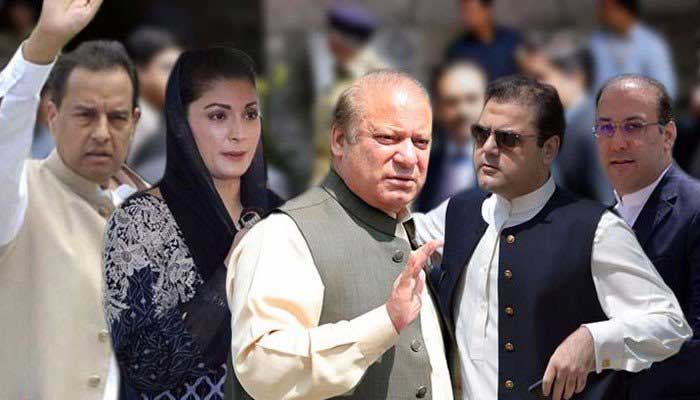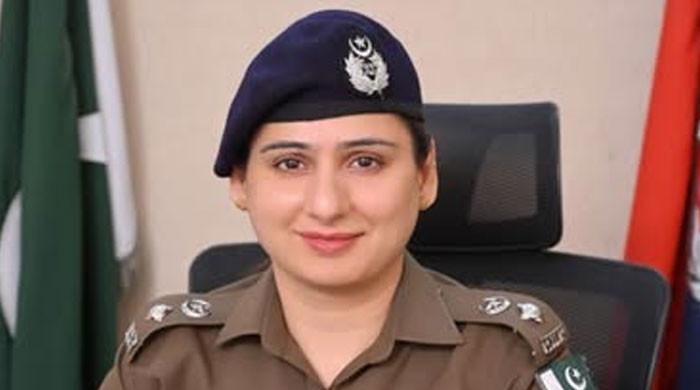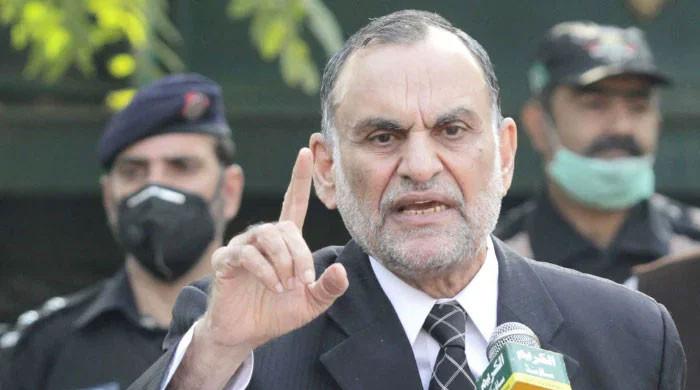Explainer: What is the Avenfield apartments case?
Avenfield case was one of three references filed by NAB in light of the Supreme Court's verdict against Nawaz Sharif in the Panama Papers case
September 01, 2020

Maryam Nawaz Sharif, vice president of the Pakistan Muslim League Nawaz, appeared before the Islamabad High Court (IHC) for a hearing of the Avenfield Apartments review petition.
What is the Avenfield apartments case? Where does it stand today?
Here is a short explainer to guide you through the proceedings as they commence this week:
— In 2016, the International Consortium of Investigative Journalists released leaked documents of Mossack Fonseca, a private law firm based in Panama, which disclosed details of offshore companies incorporated under the laws of the British Virgin Islands.
— As per the documents, Nawaz Sharif owned two offshore companies, namely, Nescoll Limited and Nielson Enterprises Limited. These companies bought apartments no. 16, 16 A, 17 and 17 A, in Avenfield House, Park Lane, London, in 1993, 1995 and 1996.
— The National Accountability Bureau (NAB) claimed that the apartments were purchased by Nawaz and his children through “corrupt, dishonest or illegal means.”
— In 1993, Sharif’s children had no source of income, argued the Bureau. The father is a natural guardian of his children, thus the stance taken by the accused [Sharif] that the children were dependents of their grandfather could not be substantiated, the Bureau was quoted as saying in an IHC judgement.
— NAB also accused Maryam Nawaz Sharif of producing bogus trust deeds, dated 2006, which were also signed by Captain (r) Safdar as a witness.
— As a result, an accountability court convicted Sharif to 11 years in jail, Maryam to eight and Captain Safdar to one year in jail.
Later, a judgment by the Islamabad High Court, written by Justice Athar Minallah, suspended the sentences of all three accused.
The court observed the following:
— The reference filed by the Bureau and the charges framed by the trial court do not refer to Sharif’s exact income or the sources of his income.
— The IHC states that the aforementioned needed to be established to determine the value of the Avenfield Apartments “for alleging that he [Sharif] had acquired [the apartments] disproportionate to his known sources of income.”
— There was only one document submitted, regarding the assets and income of Nawaz, which was produced by Imran Masood, the investigating officer at NAB, notes the verdict.
— However, the authenticity of the document was questioned by the IHC. The document was not prepared by the witness, nor was it prepared by the Joint Investigating Team. “The witness who had tendered this crucial document had admitted during his cross-examination that he had no concern therewith nor knew when it was prepared or by whom,” the IHC order reads. “We have carefully gone through the judgment but could not find the reasoning recorded by the learned accountability court for holding the document as admissible.”
— Separately, the Court adds that there has been no determination of the value of the Avenfield Apartments at the time they were alleged to have been acquired. Instead, the counsel of the Bureau stated in court that the values could be obtained through "Google".
— The IHC added that the conviction was also not supported by reasoning based on proper appreciation of evidence. Neither was there any evidence which would connect Maryam Nawaz Sharif to have aided, assisted or conspired with her father at the time when Avenfield Apartments were said to have been acquired between 1993 and 1996, said the order.











